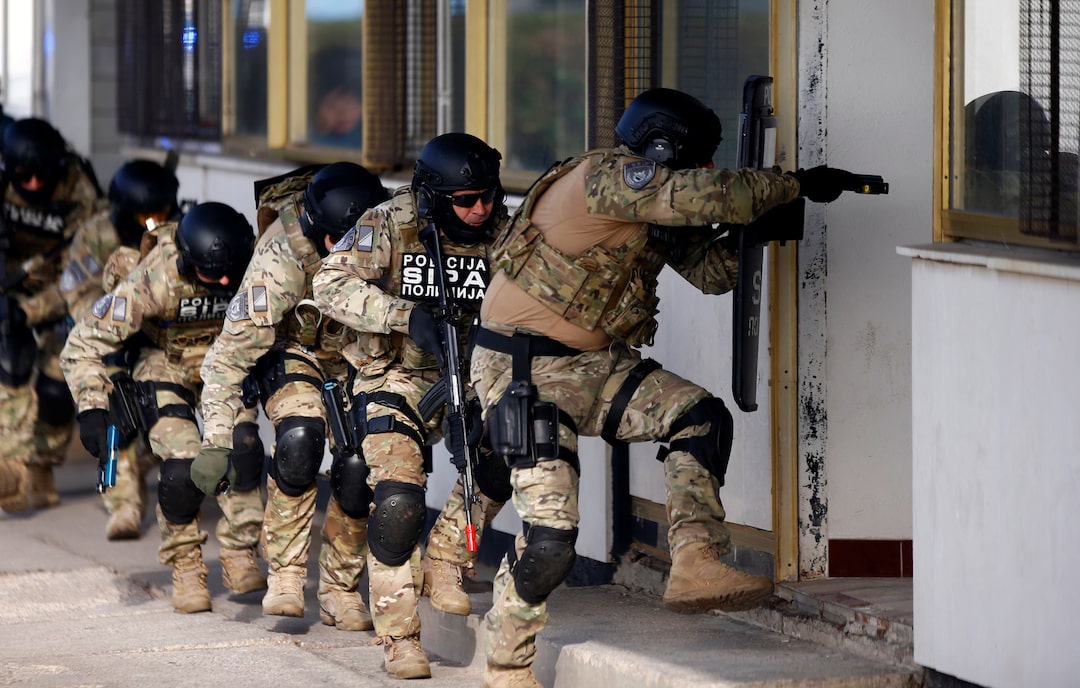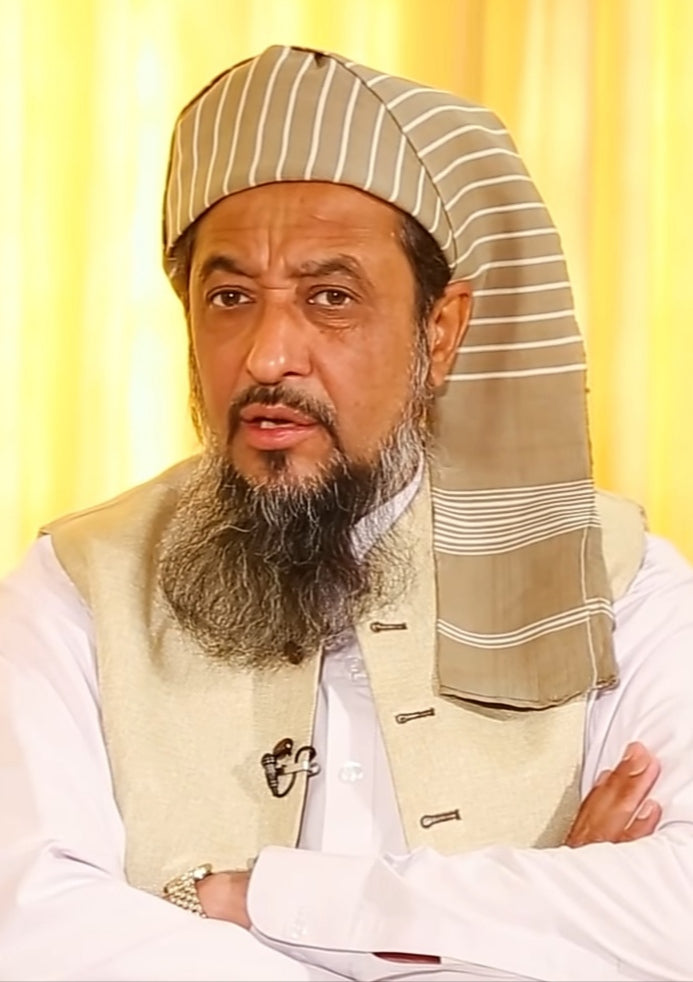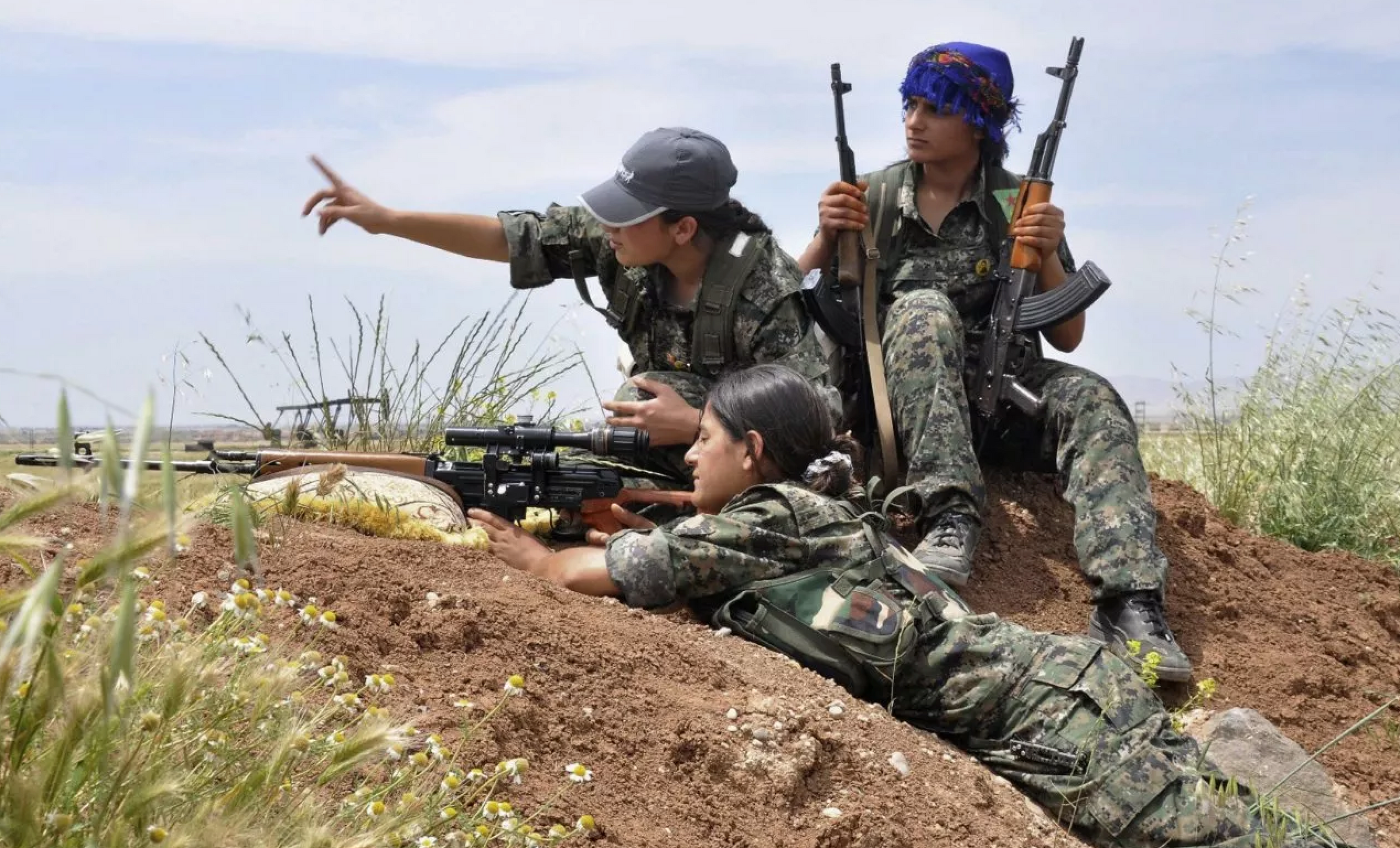
Bosnian Serb region bars national authorities from territory in separatist move
PHOTO CAPTION: Illustrative photo — Participants of the European Union Force (EUFOR), Armed Forces, Border Police and State Investigation and Protection Agency (SIPA) of Bosnia and Herzegovina practice an anti-terrorism situation during an exercise at the Sarajevo International Airport, Bosnia and Herzegovina October 13, 2017. REUTERS/Dado Ruvic
By Daria Sito-Sucic
SARAJEVO (Reuters) -Bosnia's autonomous Serb region passed legislation barring the national police and judiciary from its territory after a court banned its separatist leader Milorad Dodik from politics for six years and sentenced him to a year in prison.
The move undermines state institutions, touching off a constitutional crisis in ethnically polarised post-war Bosnia. Russia, Dodik's most powerful supporter, said the sentence was politically motivated and would destabilise the Balkans.
The court in Sarajevo convicted Dodik after he signed Serb Republic legislation suspending rulings by Bosnia's constitutional court and international envoy Christian Schmidt, who oversees implementation of the 1995 Dayton peace treaty.
Dodik was not present for the court's ruling on Wednesday and he rejected the outcome.
In remarks just before the Serb parliament vote on Thursday evening, he suggested it would be an act of secession defying the peace accords that kept Bosnia intact but split into two autonomous regions largely along ceasefire lines.
"This moment is favourable and I call on you to vote for the law without hesitation," the Serb nationalist leader told MPs in Banja Luka, the regional capital. "We think this creates momentum for us to do this without the use of force."
He said his region aimed to roll back all reforms imposed by peace envoys - creating state judiciary, police, joint military and tax administrations - to counter secessionist tendencies and make the fragile country more functional.
Dodik heads one of two entities - the other is the Bosniak-Croat Federation - that were linked via a weak central government based in the capital Sarajevo under the Dayton accords to prevent the country sliding back into war.
The 1992-95 war among Bosnian Serbs, Croats and Bosniak Muslims killed more than 100,000 people - the worst of the conflicts that erupted as federal, multi-ethnic Yugoslavia broke up.
After the court verdict against Dodik on Wednesday, the U.S. State Department reaffirmed Washington's support for the Dayton accords and Bosnia's sovereignty and territorial integrity.
"We firmly oppose any actions by local leaders that would undermine security and stability," State Department spokesperson Tammy Bruse posted on X platform on Thursday.
The Banja Luka parliament also adopted a law establishing a parallel RS High Judicial and Prosecutors Council, with Dodik calling on Serbs employed in state judicial institutions to quit and move to the regional body.
Another new law enacted in the session labels non-profit groups funded from abroad as "foreign agents", which rights groups said was modelled on a 2012 Russian law used extensively to suppress pro-democracy groups and independent media.
Lawmakers with the more moderate Bosnian Serb opposition boycotted Thursday night's vote.
"This law strikes a direct blow to the Dayton peace agreement, the constitution of Bosnia and Herzegovina and constitution of the Serb Republic," said Ognjen Bodiroga, a deputy from the Serb Democratic Party (SDS).
Aleksandar Vucic, the president of neighbouring Serbia which Bosnian Serbs regard as their mother country, and Hungarian Prime Minister Viktor Orban also condemned the court's conviction of Dodik.
(Reporting by Daria Sito-Sucic; editing by Mark Heinrich)










